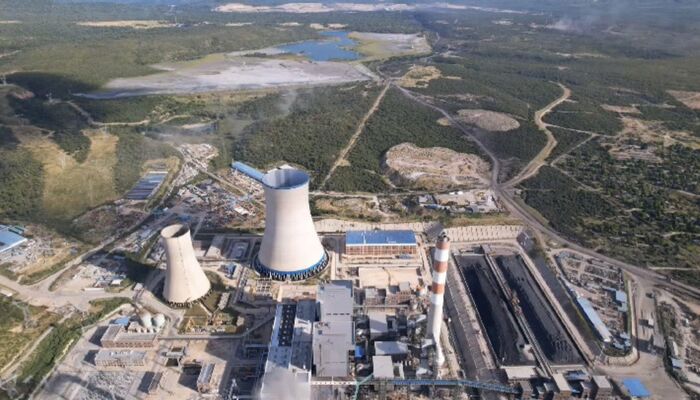In a bold move to tackle persistent power shortages, Zimbabwe’s state-owned energy company, ZESA Holdings, has announced plans to implement 18 power projects capable of generating a combined output of 4,000 megawatts (MW). This ambitious initiative aims to address the nation’s energy deficit of 600 MW and secure a surplus for potential export markets.
“We have 18 projects that are starting and will give us 4,000 MW. We are short of 600 MW, so we will have a massive surplus and are already considering where to sell it,” ZESA Holdings Chairman Sydney Gata stated during the launch ceremony for a new 720 MW thermal power plant in Hwange on Monday.
The announcement comes as Zimbabwe grapples with widespread blackouts that have disrupted daily life and strained economic activity. Gata acknowledged the frustration of citizens affected by the outages, noting that the planned projects are designed to provide a long-term solution to the country’s energy challenges.
Monday also marked the ceremonial commencement of construction for the 720 MW thermal power plant in Hwange, a western Zimbabwean town with rich coal reserves. President Emmerson Mnangagwa officiated the groundbreaking ceremony, signaling the government’s commitment to expanding energy infrastructure.
The multi-million-dollar Hwange project is a collaborative effort between ZESA Holdings and Titan Energy Limited, a private sector partner. Once operational, the plant is expected to be a cornerstone in Zimbabwe’s energy landscape, contributing significantly to the nation’s electricity grid.
“This project is a critical step toward addressing our energy needs and ensuring that Zimbabwe becomes self-reliant in power generation,” Mnangagwa said.
Zimbabwe’s energy sector has struggled to meet growing demand, exacerbated by aging infrastructure, recurrent droughts affecting hydroelectric power generation, and financial constraints. Frequent power outages have impacted industrial productivity, agriculture, and household routines, fueling public discontent and economic slowdowns.
The 18 new projects, envisioned to diversify and expand the country’s energy portfolio, include thermal, solar, and other renewable energy ventures. According to ZESA, these initiatives are projected to eliminate the power deficit and position Zimbabwe as a net energy exporter in the region.
Gata emphasized that planning is already underway to identify markets for surplus electricity, presenting an opportunity to strengthen Zimbabwe’s regional economic ties. Neighboring countries like Zambia and South Africa, which also face energy deficits, could become potential buyers of Zimbabwe’s excess power.
The Hwange project underscores the importance of public-private partnerships in addressing Zimbabwe’s energy challenges. Titan Energy Limited’s involvement brings much-needed investment and expertise to the table, complementing ZESA’s efforts to modernize and expand the national grid.
The government has also sought international support to bolster energy infrastructure, securing partnerships and funding from foreign entities. These collaborations are crucial for the successful implementation of the ambitious power projects.
Beyond addressing immediate energy needs, the projects align with Zimbabwe’s broader economic goals. Reliable and affordable electricity is critical for industrial growth, rural electrification, and achieving energy security.
The government’s focus on renewable energy sources, alongside thermal power, reflects a commitment to diversifying the energy mix while addressing environmental concerns. Solar and wind projects are expected to complement traditional energy sources, ensuring a balanced and sustainable approach to power generation.














Leave a comment